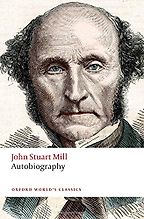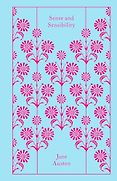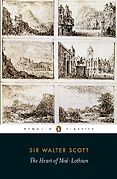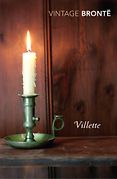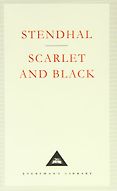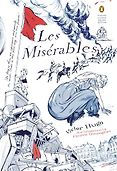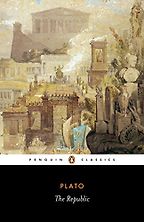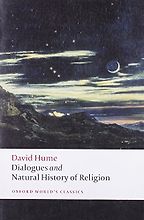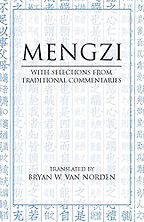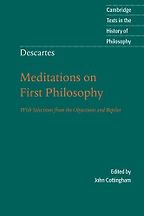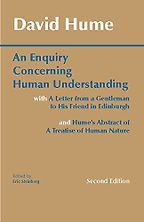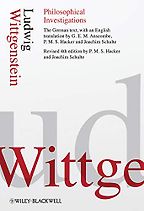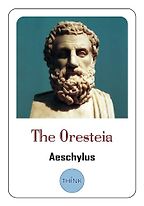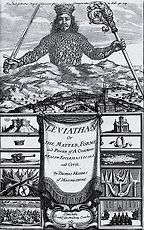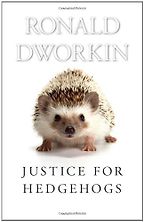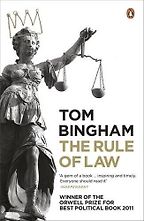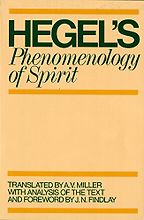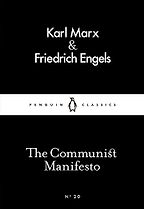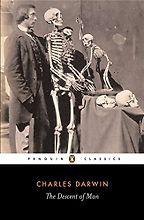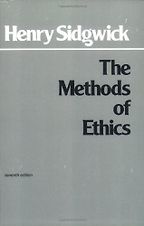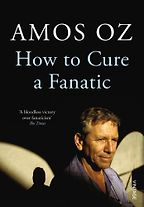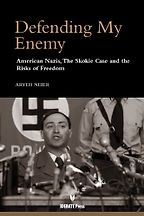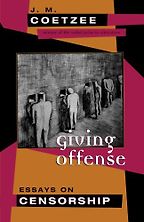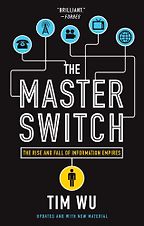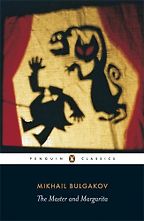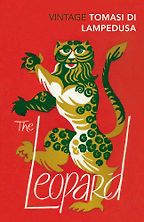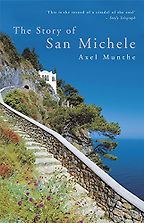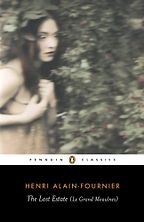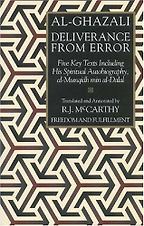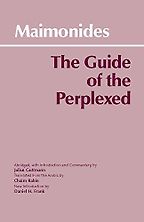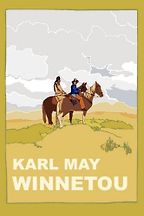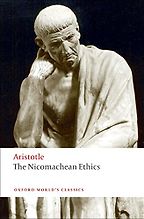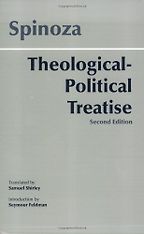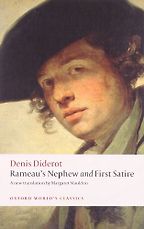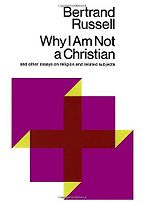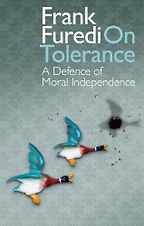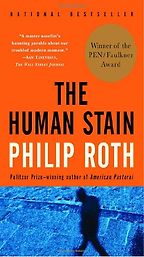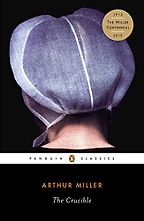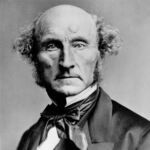
Books by John Stuart Mill
John Stuart Mill (1806-1873) was an English philosopher who is probably best known as a liberal. His classic “philosophic textbook of a single truth” (as he called it), On Liberty, was published in 1859 and is, by general agreement, the best clear, short statement of the key idea of liberalism: that individuals should have extensive freedom up to the point where they risk harming others.
Mill is also famous for developing his mentor Jeremy Bentham’s utilitarianism and taking it off on a slightly different track. Whereas for Bentham every kind of pleasure was treated equally in what he called the ‘philosophic calculus,’ Mill introduced the notion that when you’re maximizing happiness for the greatest number of people, it’s possible to distinguish between higher and lower pleasures.
He was a polymath. As described in Mill’s autobiography, he had a hothouse education, learning Latin and Greek from a very early age, reading widely in a huge range of subjects, and disputing with his father on long walks. The best biography of Mill is probably John Stuart Mill: Victorian Firebrand by Richard Reeves. It’s a well-written, fascinating account of Mill’s very varied life and thought.
Autobiography
by John Stuart Mill
John Stuart Mill wrote his memoir because while he described his life as "uneventful" he thought it might be of interest to people because of his "unusual and remarkable" education. He also wanted to acknowledge the varied thinkers who had influenced him. This included his wife, Harriet Taylor, with whom he worked closely. Mill wrote that his most famous book, On Liberty, "was more directly and literally our joint production than anything else which bears my name, for there was not a sentence of it that was not several times gone through by us together, turned over in many ways, and carefully weeded of any faults, either in thought or expression, that we detected in it."
“What this book does is hammer home one truth. Mill described it as a ‘philosophic textbook of a single truth’. According to him it was hugely influenced by his discussions with his wife, Harriet Taylor, though she didn’t physically write it, and it’s his name on the cover. As the title suggests, it’s focused on liberty, on freedom. It puts forward what’s come to be known as ‘the harm principle’ which is that the only justification for the state or other people interfering with the lives of adults is if they risk harming others with their actions” Read more...
Key Philosophical Texts in the Western Canon
Nigel Warburton, Philosopher
Utilitarianism
by John Stuart Mill
Utilitarianism is the classic text by the great 19th-century utilitarian, John Stuart Mill. It’s not always easy to read, but worth the effort.
Interviews where books by John Stuart Mill were recommended
The Best 19th-Century Books
The 19th century was a golden age for books, with the flourishing of great realist novels, as well as epic adventure stories and what would turn out to be distinct genres, including sci-fi, horror, and mystery. It was also an important time for the history of ideas, with the publication of key books that would change the world, and how we view it, forever.
The Best Philosophy Books of All Time, recommended by Nigel Warburton
Over the past decade our philosophy editor, Nigel Warburton, has been interviewing philosophers asking them to recommend the best philosophy books. After hundreds of interviews, this is our list of the books that have come up again and again. It reveals if not the best philosophy books ever written, at least a collection of very important and influential books.
Key Philosophical Texts in the Western Canon, recommended by Nigel Warburton
Even if you’ve never studied philosophy, it’s nice to be able to read a few books and get a sense of what it’s all about. Here, we asked our philosophy editor, Nigel Warburton, to talk us through five key works of Western philosophy—many of them in the public domain and available for free as ebooks—and explain why, despite one or two odd conclusions or quirky writing styles, they’ve played such an important role in expanding our understanding of the world.
The best books on The Rule of Law, recommended by Jonathan Sumption
What is the relationship between law and human society? Does the rule of law entail certain rights? What are the justifications for legal constraints on human conduct? Jonathan Sumption, a former Justice of the UK’s Supreme Court, discusses these and other issues related to the rule of law.
The Best Nineteenth-Century Philosophy Books, recommended by Peter Singer
The nineteenth century saw not only a widespread interest in philosophical ideas but also philosophy’s development as a more rigorous discipline. Australian philosopher Peter Singer introduces us to the highlights of a century of philosophy books.
The best books on Free Speech, recommended by Timothy Garton Ash
Free speech is the bedrock of a healthy society, but how do we deal with the torrents of horrible comments—and worse—we see on the internet every day? Timothy Garton Ash, author of Free Speech: Ten Principles for A Connected World, outlines a plan for navigating the complexities and recommends the best books to help us think about free speech.
Nick Clegg on his Favourite Books
Much as some Brexiteers like to pretend it isn’t, England is not only in Europe, but has been, in various centuries and in various ways, at the very heart of it. The former Deputy Prime Minister of the UK, Nick Clegg, discusses his favourite European novels and the founding text of his own political ideology, liberalism.
The best books on Philosophy in a Divided World, recommended by Carlos Fraenkel
A culture of debate, in which people of all backgrounds can openly discuss the truth, is philosophy’s real answer to conflict, says philosopher Carlos Fraenkel.
The best books on Being Good, recommended by A C Grayling
What does a moral life entail? How does one achieve it? Philosopher AC Grayling picks the best books on “being good.”
The best books on Freedom of Speech, recommended by Claire Fox
Modern society has interpreted John Stuart Mill’s concept of tolerance to mean that we should avoid giving offence. The director of the Institute of Ideas tells us about books that show how far we’ve departed from what was meant
